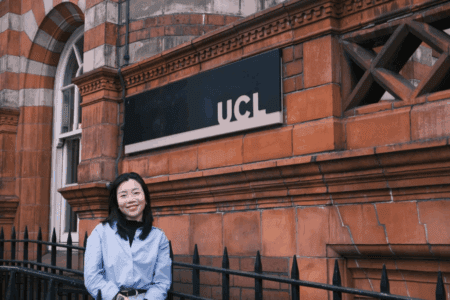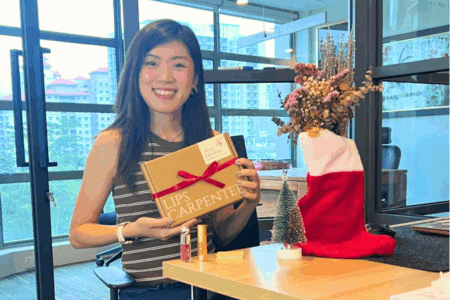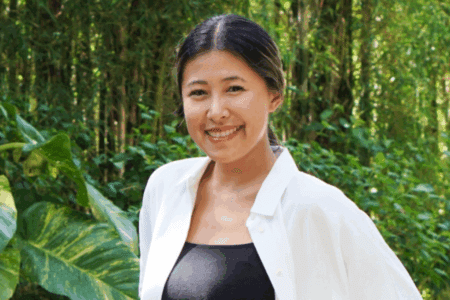
Mid-career professionals will know how hard it is to go back to school. You’re gaining traction in the workplace, and giving that up in the moment is hard even when you know it might be better for you in the long run. FOMO hits hard and seeing your cohort move up and onward without you can be worrying.
For Luannie Ng, though, it was something that she always knew she wanted to pursue. Currently completing her master’s at University College London, she shares three of her top insights on how to approach going back to school.
 Ng did her undergraduate at Universiti Malaya, one of the top universities in Malaysia.
Ng did her undergraduate at Universiti Malaya, one of the top universities in Malaysia.
1. You don’t have to completely leave your job
If you’re a mid-career professional who intends to stay with your company, make sure to inform them in advance of your intentions to go back to school. This will help you maintain a good relationship with your employers.
“I’m still technically employed under Accenture, so I am under a leave called leave of absence where they actually provide options to the employee to either further the studies or focus on family priorities and then you can apply for that leave itself,” Ng explains.
Her company was thankfully understanding and had systems built in place for such a scenario, but it helped that Ng kept things open and transparent.
2. Being older is a flex, not setback
Instead of working against your years of experience, you should lean into it.
Ng believes that the maturity that mid-career students bring to the classroom distinguishes them quite clearly from those who just graduated from their undergraduate degree. That maturity usually means that you bring about a deeper sense of responsibility and pragmatism.
“That should give you a level of confidence,” Ng says.
Ultimately, she believes that everyone in the classroom probably is just as smart; the difference lies more so in their ways of working.
Ng believes mid-career professionals may have better efficiency, especially with group discussions or time management.
“I find it quite easy to ease in and I think relatively I think it gave me a lot more time to read and study,” she says.
But of course, you should be receptive to learning from those who came in with fresh eyes, too.
 Founded in 1826, University College London is a public research university in London, England, known for its history and diversity.
Founded in 1826, University College London is a public research university in London, England, known for its history and diversity.
3. Know your “why”
After working for some years, it might be tricky for a mid-career professional to shift back into having a student’s mindset. But as mentioned, having that extra maturity and experience can be a great thing.
When Ng was completing her undergraduate, her motivation was more to pass exams. However, after being in the workplace, she has grown a deeper appreciation for studying as well as a bigger desire to learn.
“You start asking a lot of questions instead of like, like, why am I studying?” she says.
Back then, it used to be “I’m just studying this to pass the exam.” As an adult, though, it’s more about finding real answers.
“I would say, for people like me who are in their mid-career, and they want to continue their masters, you need to be very sure about why you’re doing this,” Ng shares.
“Even though I figured out what I wanted to study, and I figured out this is the right time to do what I’ve been wanting to do, I still found myself spending quite some time in between work and life, just figuring out my purpose.”
For one, knowing your “why” is critical when it comes to writing a personal statement and applying for scholarships.
Plus, furthering your studies isn’t just a quick thing. You need to know yourself and be convinced in your mission enough to keep the momentum going.
“Even the whole application process is kind of tedious to balance between work. You need to do research, you need to apply, you need to attend interviews, and things like that. So, I feel like having that kind of purpose gives you the motivation to do this, to go through this process, right?” she says.










